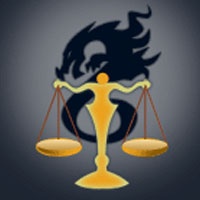Merchantville Real Estate Lawyer, New Jersey
Sponsored Law Firm
-
 x
x

Click For More Info:
-
Schafkopf Law LLC
11 Bala Ave Bala Cynwyd, PA 19004» view mapReal Estate Law We Are Here To Help You
Gary Schafkopf is a practicing lawyer in the states of Pennsylvania and New Jersey who focuses on cases in Business, Employment, and Real Estate.
800-970-4781
Gary Schafkopf
✓ VERIFIEDGary Schafkopf is a practicing lawyer in the states of Pennsylvania and New Jersey specializing in Business, Employment, and Real Estate.
Robert H. Johnson
✓ VERIFIEDRobert H. Johnson has spent his career representing clients in U.S. Bankruptcy Court and New Jersey insolvency proceedings. Prior to founding this fi... (more)
Jeffrey F Dragon
✓ VERIFIEDJeffry Dragon is a practicing attorney in New Jersey. He attended Rutgers University School of Law where he received his J.D. He currently specializes... (more)
 Gary Schafkopf Bala Cynwyd, PA
Gary Schafkopf Bala Cynwyd, PA



